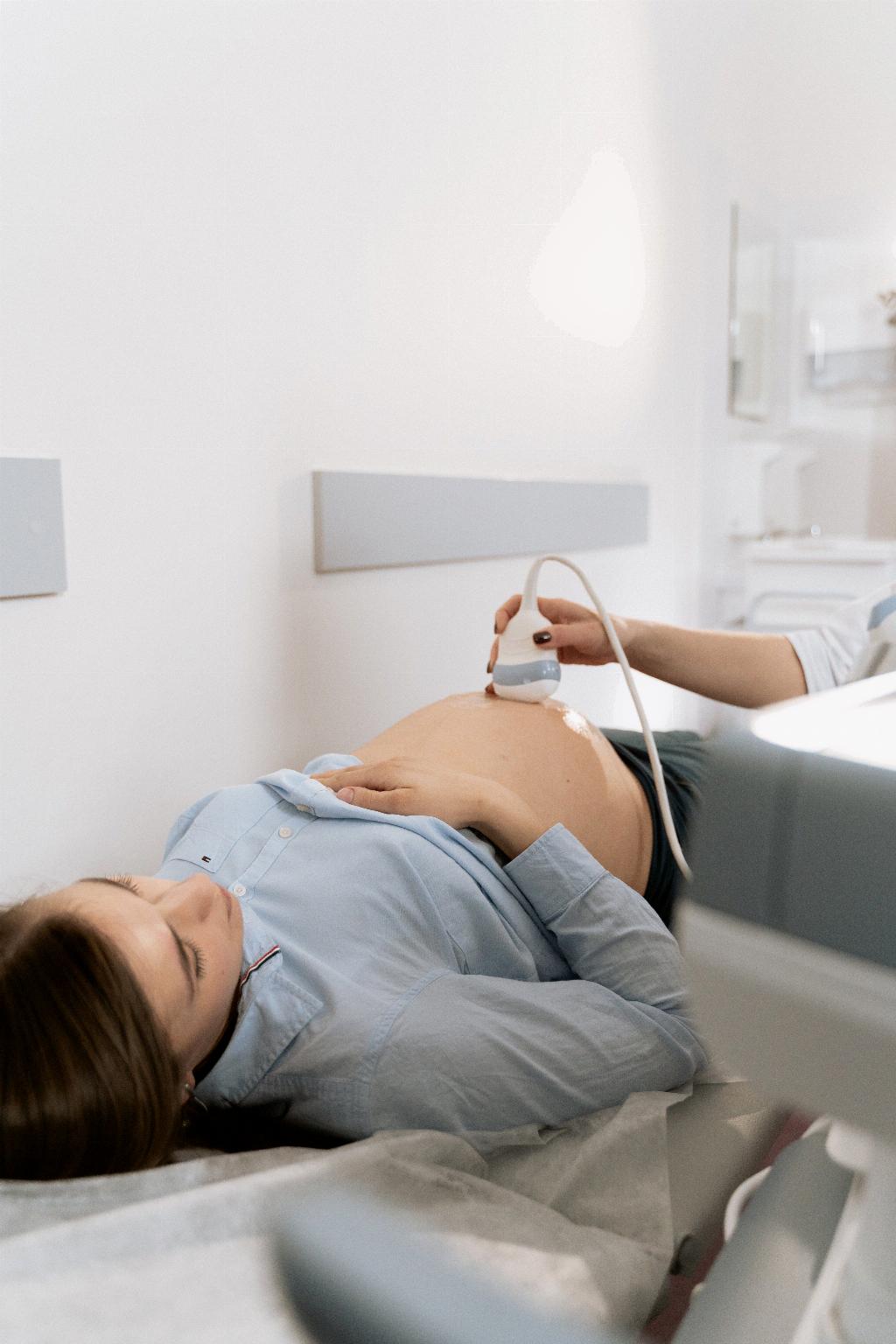Headaches during pregnancy are a common occurrence for many women. Fluctuating hormones, increased blood volume, and changes in blood circulation can all contribute to headaches during this time. While most headaches are typically harmless and can be managed with rest and hydration, there are certain instances where a headache during pregnancy may indicate a more serious underlying condition.
Normal Headaches vs. Concerning Headaches
It’s important to differentiate between normal headaches and concerning headaches during pregnancy. Normal headaches are often mild to moderate in intensity and can be triggered by factors like stress, dehydration, lack of sleep, or hunger. These headaches usually respond well to rest, relaxation, and over-the-counter pain relief medications.
Signs of a Worrisome Headache
If you experience a headache during pregnancy that is severe, persistent, or accompanied by other symptoms, it may be cause for concern. Call your healthcare provider if you have a headache that doesn’t improve with rest or if it is accompanied by vision changes, dizziness, nausea, vomiting, or swelling in the hands and face. These could be signs of a more serious condition such as gestational hypertension or preeclampsia.
Potential Causes of Concerning Headaches
Headaches during pregnancy that are sudden, severe, and different from your usual headaches may be a red flag. These types of headaches can sometimes be a symptom of conditions like preeclampsia, which is a serious complication characterized by high blood pressure and signs of damage to other organs, usually after 20 weeks of pregnancy.
When to Seek Medical Attention
If you are worried about a headache during pregnancy, it’s always best to err on the side of caution and contact your healthcare provider. They can assess your symptoms, perform any necessary tests, and provide guidance on the best course of action. Remember that timely intervention is crucial in ensuring the health and well-being of both you and your baby.
Monitoring Headache Patterns
Keeping track of your headache patterns can also be helpful in determining when to be concerned. If you notice an increase in the frequency, severity, or duration of your headaches, or if they are accompanied by other worrisome symptoms, contact your healthcare provider immediately.
Preventive Measures for Headaches
While not all headaches during pregnancy can be prevented, there are some steps you can take to reduce their occurrence. Stay hydrated, get an adequate amount of rest, manage stress levels, practice good posture, and eat regular, balanced meals to help minimize the likelihood of developing headaches.
Importance of Prenatal Care
Regular prenatal check-ups are essential in monitoring your health and the well-being of your baby throughout pregnancy. Your healthcare provider can help identify any potential issues early on, including headaches that may require further evaluation or treatment.
Self-Care Strategies for Headache Relief
In addition to seeking medical advice, there are various self-care strategies you can try to alleviate headaches during pregnancy. Applying cold packs to your forehead, practicing relaxation techniques such as deep breathing or meditation, and ensuring proper hydration and nutrition can all help in managing mild to moderate headaches.
Conclusion
While headaches during pregnancy are a common occurrence, it’s essential to be aware of the signs that may indicate a more serious underlying condition. If you experience a headache that is severe, persistent, or accompanied by other concerning symptoms, don’t hesitate to contact your healthcare provider for further evaluation and guidance. Your health and the health of your baby are top priorities, so always prioritize seeking medical attention when in doubt.

